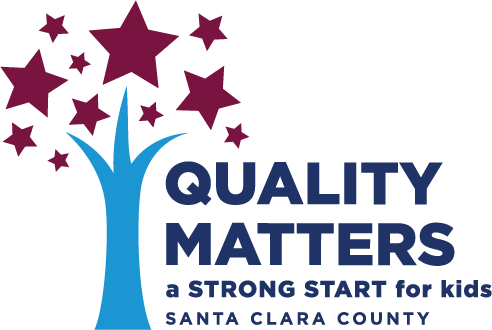Defining Quality
Early education is most effective when it is high-quality. The building blocks of a high-quality early education experience include early learning standards and curricula that address the whole child, assessments that cover a wide range of children’s developing skills and are used to inform instruction, well-prepared teachers that provide engaging interactions, ongoing support for teachers, support for multilingual learners and children with special needs, meaningful family engagement, sufficient learning time, small class sizes, and program assessments that monitor the quality of children’s experiences. These effectiveness factors seem to support the most successful programs.
To learn more about the body of research examining essential elements of quality, read “The Building Blocks of High-Quality Early Childhood Programs” via the Learning Policy Institute’s Early Childhood Learning web page at https://learningpolicyinstitute.org/product/building-blocks-high-quality-early-childhood-education-programs
“Now, today, some children are enrolled in excellent programs. Some children are enrolled in mediocre programs. And some are wasting away their most formative years in bad programs….That’s why I’m issuing a challenge to our states: Develop a cutting-edge plan to raise the quality of your early learning programs; show us how you’ll work to ensure that children are better prepared for success by the time they enter kindergarten. If you do, we will support you with an Early Learning Challenge Grant that I call on Congress to enact.”
– President Barack Obama, speaking to the Hispanic Chamber of Commerce, March 10, 2009

